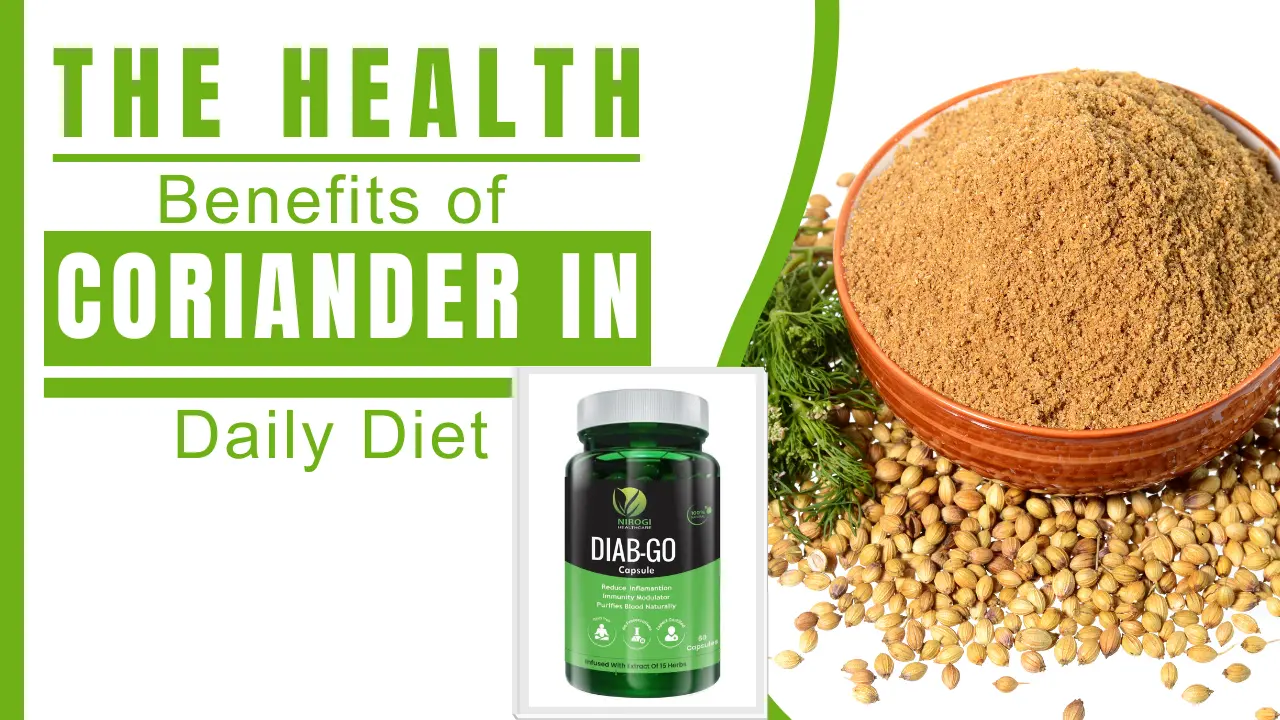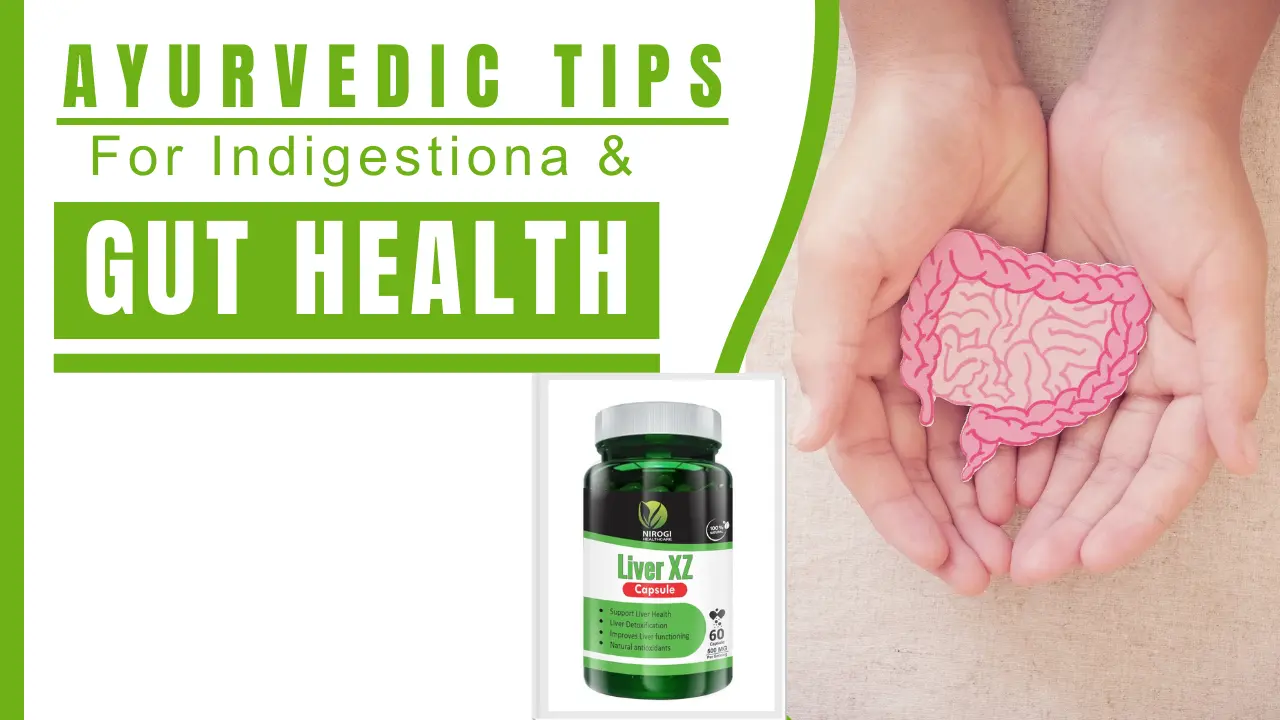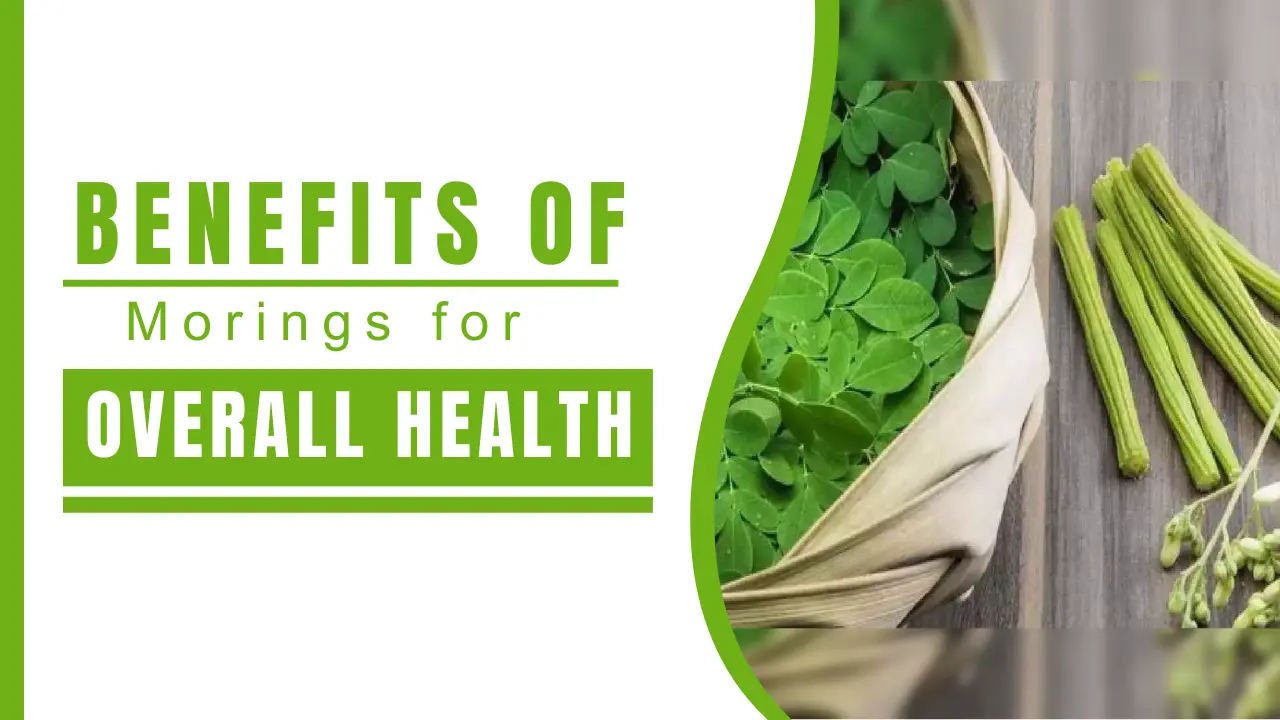Coriander, also known as cilantro or dhania, is a versatile herb widely used in various cuisines around the world. Known for its distinct flavor and aroma, coriander also offers numerous health benefits, especially in aiding digestion and promoting overall well-being. In this blog post, we will explore the health benefits of coriander, its Ayurvedic uses, and how Nirogi Healthcare’s Diab-GO can support your health journey.
Table of Contents
Understanding Coriander and Its Benefits
What is Coriander?
Coriander (Coriandrum sativum) is an herb commonly used in culinary applications. Both its leaves and seeds are used in cooking, and it has a long history of medicinal use in various cultures.
Nutritional Profile of Coriander
Coriander is rich in essential nutrients, including:
- Vitamins: A, C, and K
- Minerals: Potassium, calcium, magnesium, and iron
- Antioxidants: Flavonoids and phenolic acids
Health Benefits of Coriander
Coriander as a Natural Digestive Aid
Coriander is highly regarded for its digestive benefits. Here’s how it helps:
- Stimulates Digestion: Enhances the activity of digestive enzymes and acids.
- Reduces Bloating: Helps in the expulsion of gas, reducing bloating and discomfort.
- Prevents Indigestion: Alleviates symptoms of indigestion such as heartburn and nausea.
Antioxidant and Anti-inflammatory Properties
Coriander is packed with antioxidants that fight free radicals and reduce inflammation:
- Antioxidants: Protect cells from damage caused by oxidative stress.
- Anti-inflammatory: Reduces inflammation, which can help with conditions like arthritis and other inflammatory diseases.
Blood Sugar Regulation
Coriander may help manage blood sugar levels:
- Hypoglycemic Effects: Can help lower blood sugar levels, making it beneficial for people with diabetes.
- Improves Insulin Sensitivity: Enhances the body’s ability to use insulin effectively.
Heart Health
Coriander contributes to heart health in several ways:
- Lowers Bad Cholesterol: Reduces levels of LDL (bad) cholesterol while increasing HDL (good) cholesterol.
- Regulates Blood Pressure: Helps in maintaining healthy blood pressure levels.
Antimicrobial Properties
Coriander has potent antimicrobial effects:
- Fights Infections: Effective against bacteria, fungi, and viruses.
- Supports Immune System: Boosts overall immunity, helping the body fend off infections.
Ayurvedic Uses of Coriander

Coriander in Ayurveda
In Ayurveda, coriander is used to balance the three doshas (Vata, Pitta, and Kapha) and is known for its cooling effect.
Common Ayurvedic Remedies
- Coriander Water: Soak coriander seeds in water overnight and drink the water in the morning to aid digestion.
- Coriander Tea: Boil coriander seeds in water, strain, and drink the tea to reduce bloating and gas.
- Coriander Paste: Apply a paste of coriander leaves on the skin to reduce inflammation and treat skin conditions.
Nirogi Healthcare’s Diab-GO and Coriander
How Diab-GO Supports Your Health?

Diab-GO by Nirogi Healthcare is an Ayurvedic supplement designed to support overall health, including blood sugar regulation and digestive health.
Key Ingredients and Their Benefits
- Coriander: Supports digestion, regulates blood sugar, and promotes overall well-being.
- Bitter Melon: Helps lower blood sugar levels.
- Gymnema Sylvestre: Improves insulin sensitivity.
- Fenugreek: Supports healthy blood sugar levels and digestion.
Benefits of Diab-GO

- Digestive Health: Enhances the digestive system’s efficiency.
- Blood Sugar Management: Helps maintain healthy blood sugar levels.
- Overall Wellness: Supports overall health and well-being with natural ingredients.
Incorporating Coriander into Your Daily Diet
How to Use Coriander in Your Meals

Incorporating coriander into your daily diet is easy and can enhance both flavor and health benefits.
Culinary Uses

- Fresh Leaves: Add to salads, salsas, and garnishes.
- Seeds: Use in spice blends, curries, and baking.
- Coriander Powder: Sprinkle on roasted vegetables, soups, and marinades.
Recipes with Coriander
Coriander Chutney
- Ingredients: Fresh coriander leaves, green chili, garlic, lemon juice, and salt.
- Preparation: Blend all ingredients until smooth. Serve with snacks or meals.
Coriander Rice
- Ingredients: Cooked rice, fresh coriander leaves, cumin seeds, and lemon juice.
- Preparation: Sauté cumin seeds, add cooked rice, mix in chopped coriander leaves, and drizzle with lemon juice.
Our Shop Collection
-
Product on sale
 Heart Care : Eliminate Side Effects of CovishieldOriginal price was: ₹4,999.00.₹1,320.00Current price is: ₹1,320.00.
Heart Care : Eliminate Side Effects of CovishieldOriginal price was: ₹4,999.00.₹1,320.00Current price is: ₹1,320.00. -
Product on sale
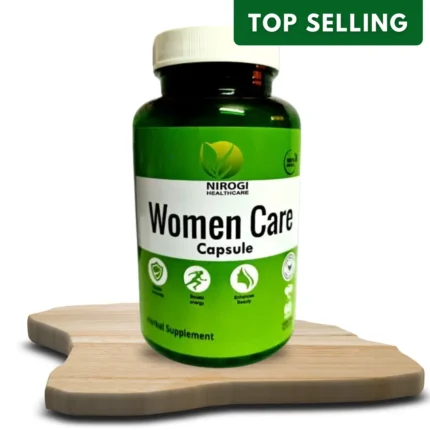 Women Care : Complete Care for Women’s Health₹3,000.00 – ₹6,000.00
Women Care : Complete Care for Women’s Health₹3,000.00 – ₹6,000.00 -
Product on sale
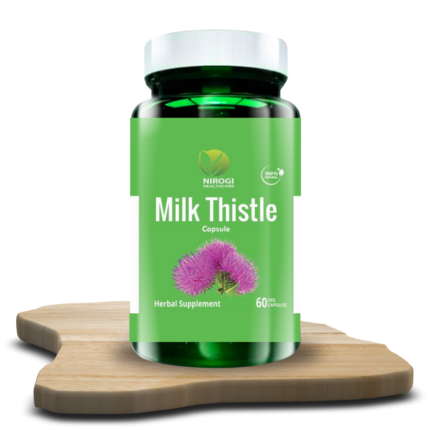 Milk Thistle : Long-Term Liver Protection₹1,399.00 – ₹3,199.00
Milk Thistle : Long-Term Liver Protection₹1,399.00 – ₹3,199.00 -
Product on sale
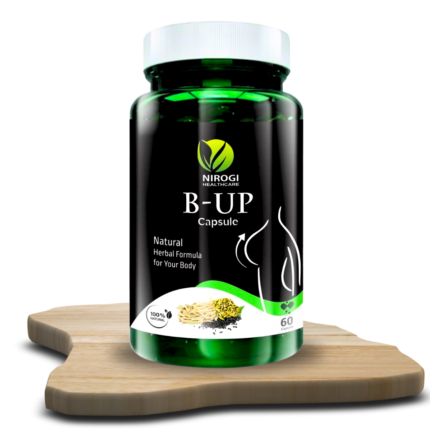 B-UP Capsule : Breast Enhancement Ayurvedic Solution₹1,999.00 – ₹4,499.00
B-UP Capsule : Breast Enhancement Ayurvedic Solution₹1,999.00 – ₹4,499.00 -
Product on sale
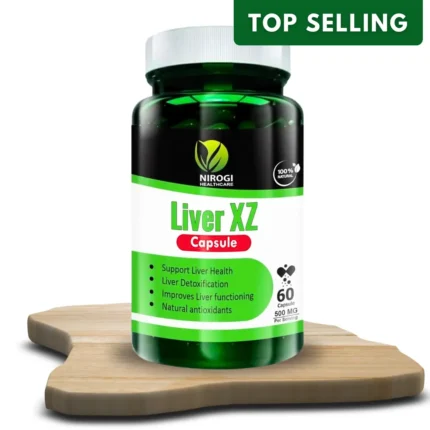 Liver XZ: Revive Your Liver Ayurvedically₹1,399.00 – ₹3,199.00
Liver XZ: Revive Your Liver Ayurvedically₹1,399.00 – ₹3,199.00 -
Product on sale
 Diab-GO : Ayurvedic Solution for Diabetes Control₹2,199.00 – ₹4,999.00
Diab-GO : Ayurvedic Solution for Diabetes Control₹2,199.00 – ₹4,999.00
FAQs
Q1: How does coriander aid digestion?
Coriander stimulates digestive enzymes and acids, reduces bloating, and alleviates symptoms of indigestion like heartburn and nausea.
Q2: What are the key ingredients in Diab-GO that support health?
Diab-GO contains coriander, bitter melon, gymnema sylvestre, and fenugreek, which support digestion, blood sugar management, and overall wellness.
Q3: How can I incorporate coriander into my daily diet?
Use fresh coriander leaves in salads and garnishes, add coriander seeds to spice blends and curries, and sprinkle coriander powder on vegetables and soups.
Q4: What are the Ayurvedic uses of coriander?
In Ayurveda, coriander is used to balance doshas, reduce inflammation, aid digestion, and treat skin conditions. Common remedies include coriander water, tea, and paste.

